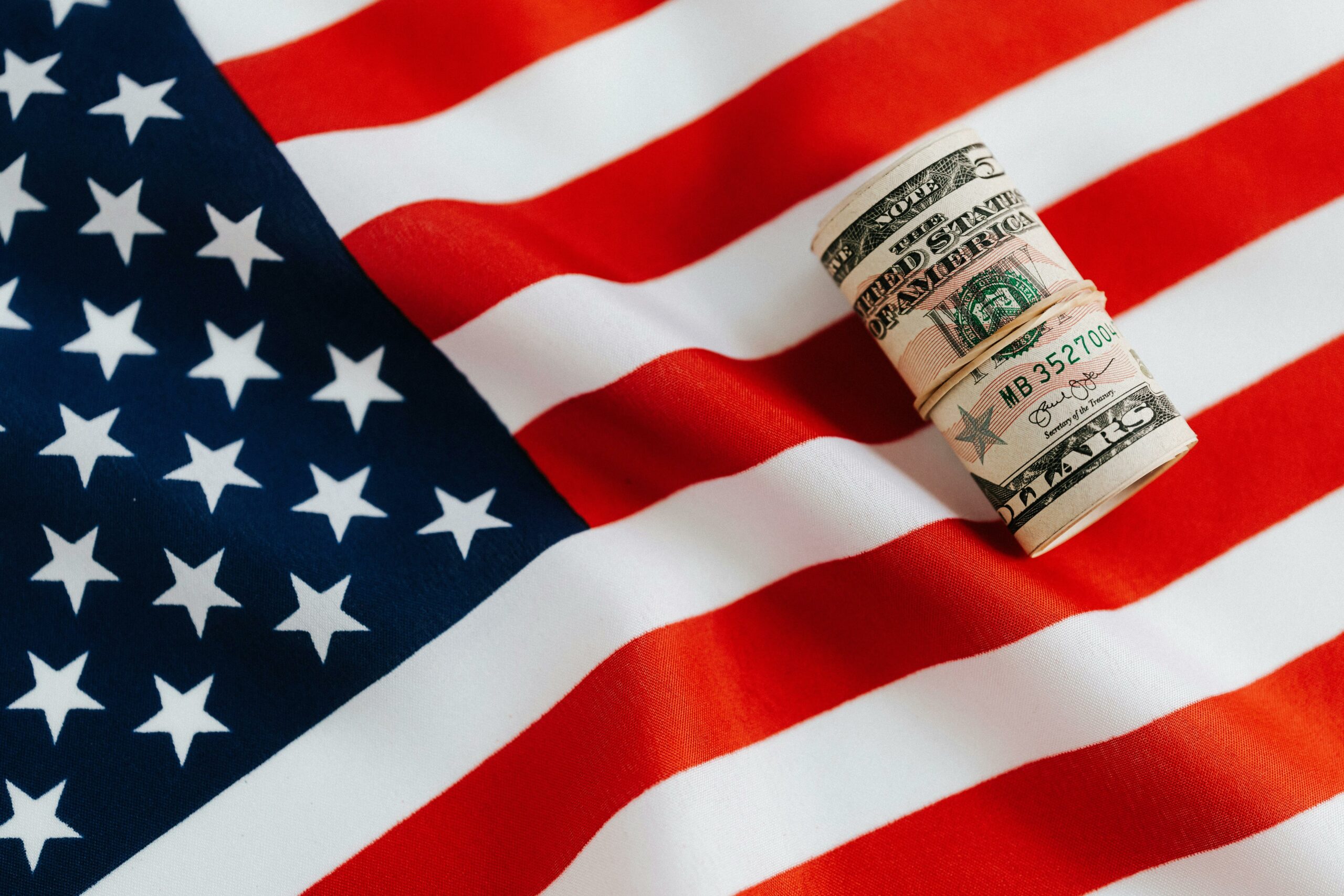What future for the dollar?
An article by Jean-François Serval, published on the Les Echos website.
Customs barriers will not enable the United States to reduce its trade deficit and preserve the dollar, according to Jean-François Serval. He advocates rebalancing trade through a long-term multilateral agreement and the creation of a new monetary standard.

"A confrontational approach that threatens the dynamics of global growth is hurting the greenback," says Jean-François Serval (Shutterstock).
By Jean-François Serval (founder of the Audit Serval group)
Published on 29 Apr 2025 at 12:40Updated on 29 Apr 2025 at 13:31
The aggressive voluntarism of Donald Trump's trade policy is coming up against the walls of trade reality. America does not have the industrial capacity to replace Chinese and other products with local products. Trump himself has confirmed this by lifting tariffs on essential high-tech goods from China.
Conflicting commercial and monetary issues
The desire to rebalance trade is legitimate, but the method of using customs barriers is deplorable. This confrontational approach threatens the dynamics of global growth and undermines the greenback; it also invalidates the monetary stakes of Donald Trump's advisers' plan to win back trade, which aims to alter exchange rate parities through a controlled fall in the dollar. The untimely announcements from Washington are shaking up the fragile monetary balance, affecting the dollar's relative stability and raising the crucial question of how to refinance US debt. The financial markets' loss of confidence in the greenback is a vital issue for American soft power.
Only an increase in the wealth created will enable the debt to be repaid in a controlled manner, over a long period that avoids the shocks of conflict.
America is now pursuing two contradictory objectives: reducing its trade deficit and preserving its competitiveness. the exorbitant privilege of its currency, in order to escape the fatal drift of debt. The United States no longer reigns supreme over the international economic order in a multipolar, globalised world where creditors and debtors hold each other to ransom. By favouring the path of trade conflict, the current administration has itself highlighted the limits of its country's power. America is now faced with a political choice: to accept the relativity of its power, and therefore of the symbol that embodies it, the greenback.
Aiming for compromise to rebalance trade
Rebuilding a competitive industrial economy is also a matter of time, a decade at best; the time needed to deal with massive imbalances can only be gained through international negotiations on currency parities and debt repayment.
Read also :
The reality of contemporary geo-economics, apart from the logic of war, calls for a multilateral agreement between the main economic players to allow a coordinated readjustment of currency parities in order to support a rebalancing of trade and build value-creating projects. Only an increase in the wealth created will enable the controlled repayment of the debt. debt, in a long timeframe that avoids conflictual shocks. Logically, all the partners should be able to accept this reality of compromise.
A new monetary standard
The search for a stabilised monetary order is at the heart of our thinking on monetary reform. The relationship between wealth creation and debt is not sufficiently controlled by central banks, in the absence of a standard that would guarantee the useful stability of the economic functions of production costs, savings and consumption. The dollar, since the abandonment of its peg to the gold, The instability of the greenback acts outside the intrinsic logic of supply and demand in the valuation of a good.
Read also :
In our view, it is desirable that the standard, unlike the dollar, should not be linked to a debt-bearing system, so that interest rates can evolve freely according to the laws of the market. In today's technological environment, we are in favour of the creation of a cryptographic standard ; virtual money creation, created and managed by an international institution representing the major central banks, which are ultimately responsible for parity stability.
Managing balances through exchange rate parities is far more appropriate in terms of its corrective effects than the abusive use of customs barriers, which have just shown the world their obvious shortcomings.
Jean-François Serval is Chairman of Groupe Audit Serval & Associés and the author of "Innovations financières et réforme monétaire, ou comment sortir du piège de la dette" (Lextenso, 2022).
Jean-François Serval





